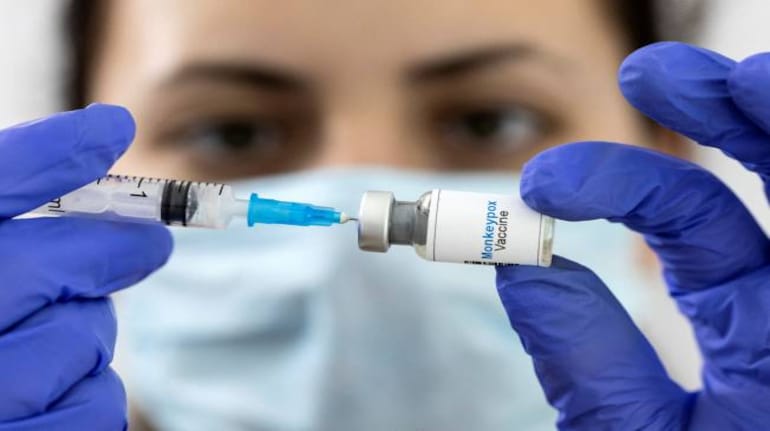



Germany's vaccine advisory panel on Thursday recommended that Pfizer-BioNTech's COVID-19 vaccine for children from six months to four years should only be given routinely to those at risk of severe disease from the infection.
The head of the panel of 18 appointees, known as STIKO, said there was no clear case for broad use, citing a lack of data to rule out any rare side effects and no signs of the infection causing severe illness in otherwise healthy children.
The recommendation also covers a version of Moderna's Spikevax vaccine for the age group but that product is in short supply in Germany at the moment, the expert panel said.
"Everything that is done in medicine should have an indication that is as clear as possible," STIKO president Thomas Mertens told journalists in a call.
European regulators in October authorised a low-dose version of Pfizer-BioNTech's first-generation vaccine for children from six months to four years, when given as a three-dose series.
STIKO, which is widely followed by physicians in Germany, added that vaccination was not called for to prevent young children from passing the virus on to other vulnerable people among family and friends.
Parents seeking a shot for their children for that reason could do so after consulting their paediatrician, but a shot would not provide sufficient protections for a child's contacts against infection with the prevailing Omicron variant.
"When there are parents that absolutely want the vaccine for their healthy children, there are no legal reason for physicians to deny them that," said STIKO's Terhardt.
STIKO also reaffirmed a recommendation it issued in May for five- to 11-year-olds, saying one COVID-19 shot was enough for healthy youngsters in that age group because most of them had already had an infection.
That contrasts with European Union regulators' approval for a two-shot regimen in that age group.
Only slightly more than 22% of five- to 11-year-old children in Germany have so far received at least one COVID shot.
STIKO, which has routinely taken a cautious approach to recommending COVID-19 vaccines, said it was time for all parents to embrace the vaccination opportunity for their children.
"We wish those numbers were better," said STIKO member Martin Terhardt.
Germany's federal infectious disease body, the Robert Koch institute, in July unveiled plans for STIKO to be expanded to include more experts on pandemics, following controversy over the speed of the recommendations the panel has given during the COVID-19 outbreak.
Discover the latest Business News, Sensex, and Nifty updates. Obtain Personal Finance insights, tax queries, and expert opinions on Moneycontrol or download the Moneycontrol App to stay updated!
Find the best of Al News in one place, specially curated for you every weekend.
Stay on top of the latest tech trends and biggest startup news.